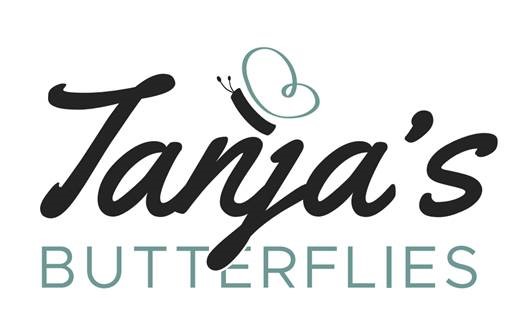
Honesty
It is said that we become the average of the five people we surround ourselves with most often. Whether that is scientifically proven or not, I do believe deliberately choosing your close circle is a wise act. One of the traits I value the most in my favorite people on earth is their honesty. Some of them are really good at standing their ground when you cross a boundary, some of them have a built-in bullshit radar and will call you out as soon as you lose your authenticity, some are great at coaching you into uncovering your own truth, and some offer a combination of all of the above. Feedback is one of the greatest gifts we can give each other in life. Being easy to give feedback to is one of the greatest traits in a person. When the two of them meet, they can reinforce a spiral of personal growth. But is more honesty always better? Our kids telling us that we have a big belly. Mothers-in-law that point out where our house needs dusting. Friends that tell us their salary, which makes us feel bad about our own income. Spouses that openly tell us they have erotic feelings for someone else. Honest conversations can make us feel really shitty… So how much honesty is too much? I really like the core concept presented in the book Radical Candor by Kim Scott (see section «On My Shelf»). In a nutshell, it states that there are four dimensions in which we deal with our opinions – and only one of them is really helpful:  Image Source: Kim Scott Obnoxious aggression fueled by your ego and desire to be right or superior usually triggers resistance and defensiveness in others. Ruinous empathy that makes you shy away from any conflict or honest conversation, depriving your counterpart of an opportunity for change. Manipulative insincerity which also leads to not disclosing your opinion or lying about it, this time not driven by empathy for the other person but by the desire to improve the situation for yourself. Radical candor: the more challenging (and potentially upsetting) the feedback you need to deliver, the more caring the intention needs to be for the message to unlock personal growth and profound change in others. We all have people in our lives that we tend not to share our feedback with as openly as we might want to. Maybe because we see them so rarely that we don’t want to mess up the time we have together. Maybe because their ego is so loud that it triggers us. Maybe because we don’t believe they are able to change. Maybe because we see their inner child (or a reflection of ours in them) and don’t want to hurt them. The concept of radical candor reminds us of the possibility of profound change when we tap into the power of deeply caring for another as the main driver for honesty. So maybe, just maybe, you will find an opportunity to practice this concept this week and check if we are truly giving feedback from a place of deep care instead of judgemental ego. Happy feedbacking! Tanja This text was first published in my monthly though-letter Tanja’s Butterflies (August Edition 2024 ). If you are interested in receiving the next editions in your inbox including additional resources such as inspiring quotes, books and more, you can subscribe here. |



